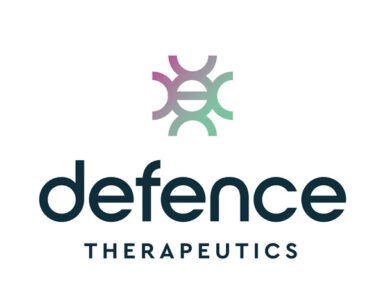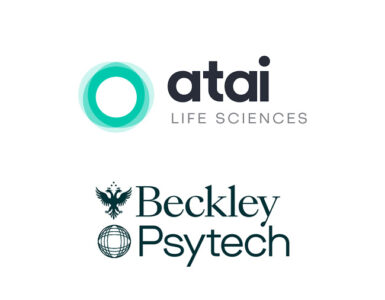
Cantor Fitzgerald is eagerly awaiting data from Hepion Pharmaceuticals’ (NASDAQ:HEPA) Phase 2 ALTITUDE-NASH liver function trial with its cyclophilin inhibitor, rencofilstat, guided for the second quarter of 2023.
“We believe investors could take another look at this story, given the renewed interest in the NASH space,” writes analyst Kristen Kluska.
The 70-patient open-label Phase 2 study, focusing on F3 NASH, is utilizing a primary endpoint with the HepQuant Shunt procedure to assess hepatic function through day 120.
“Despite being a relatively crowded space, we believe that the focus on the later-stage patient population, such as F3 patients, could help to differentiate rencofilstat,” Ms. Kluska said.
In addition, “we believe the HepQuant Shunt test could enable the analysis of multiple liver function-related data points to better understand how the cyclophilin inhibitor mechanism could fit into NASH,” she added.
Ms. Kluska reiterated her “overweight” rating for Hepion and a price target of $2.50. The stock closed at 73 cents on April 10.
Noting that Hepion recently reported baseline patient characteristics for the 75 mg, 150 mg, and 225 mg patient groups, Ms. Kluska said the baseline levels of diabetes and BMI could help to support the severity of the patient population, in addition to elevated levels of biomarkers for liver damage (ALT and AST) and fibrosis (Pro-C3 and FIB-4).
As a result, “we believe the Phase 2 data could offer some insight into potential benefits of pan-cyclophilin inhibition in a severe patient population,” she added.
Hepion also is conducting the placebo-controlled Phase 2b ASCEND-NASH trial for rencofilstat in biopsy-confirmed F2-F3 NASH patients, which initiated in August 2022. The company expects to enrol a total of about 336 patients to receive either 75 mg, 150 mg, or 225 mg of rencofilstat or placebo, with 84 patients in each group.
The company has guided that it could potentially complete enrollment at the end of 2023 or early 2024.
Ms. Kluska said she views cyclophilin inhibition as a “promising mechanism” in NASH, noting that the company has outlined multiple pathophysiological processes involved in NASH that could be affected by cyclophilin inhibition, including mitochondrial dysfunction, cellular injury and death, and inflammation.
“We believe rencofilstat’s ability to bind 10/17 known human cyclophilins, including cyclophilins A, B, and D, could have positive effects on stopping inflammation, reducing fibrotic scarring, and preventing mitochondrial and necrotic cell death, respectively, she added.






